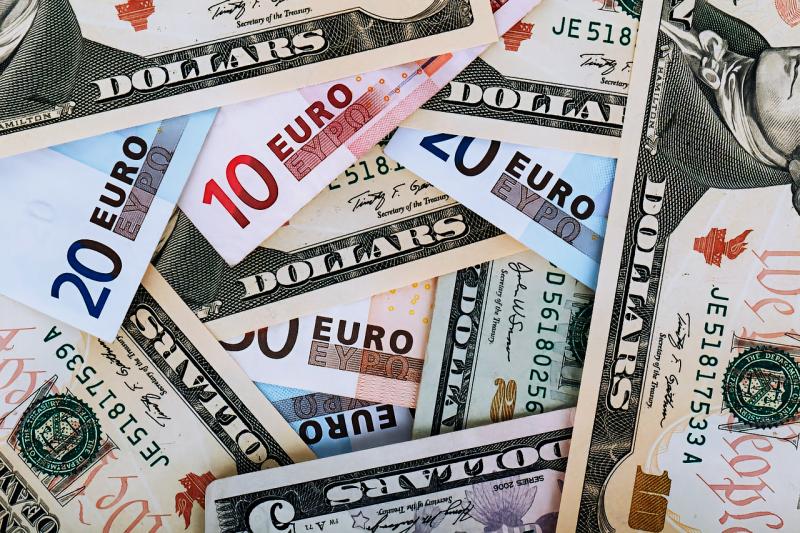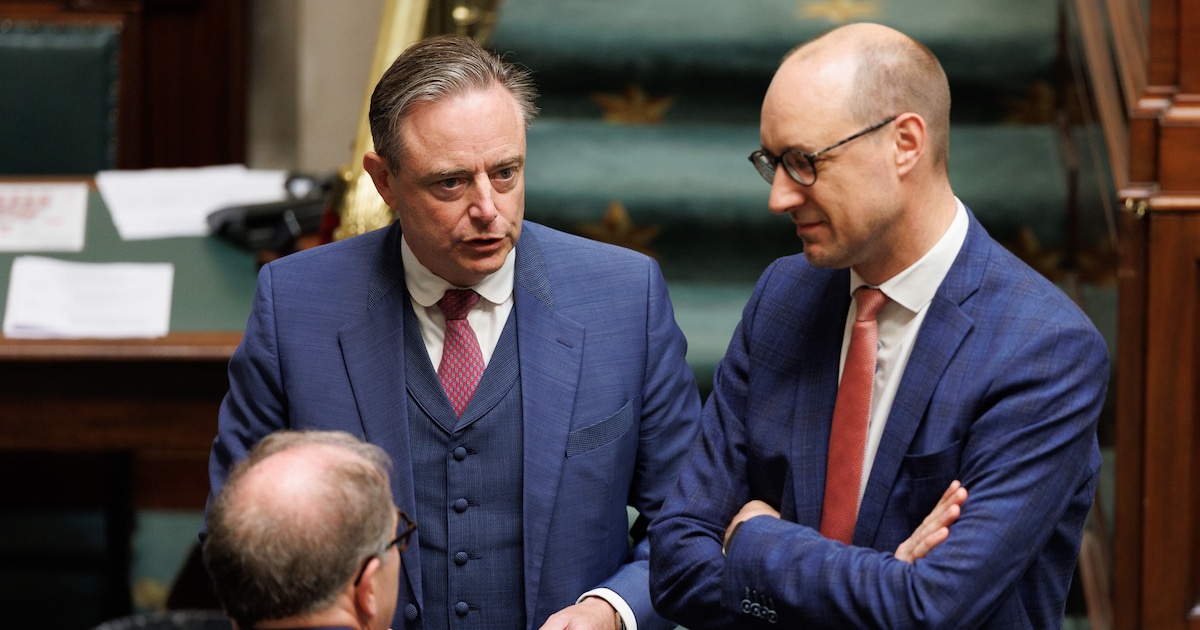Trump's Attacks Send Dollar Plunging: New Lows and Economic Uncertainty

The US dollar has tumbled to a three-year low against the Euro, sparking concerns about economic stability. This significant decline follows a fresh barrage of criticism from President Donald Trump directed at Jerome Powell, the Chairman of the Federal Reserve. Trump’s repeated interventions in monetary policy have rattled markets and fueled uncertainty about the future direction of the US economy.
A History of Criticism
Trump’s attacks on Powell are not new. He has consistently voiced his displeasure with the Federal Reserve’s interest rate policies, arguing that they are hindering economic growth. This time, the criticism centers around the Fed's decision to maintain interest rates, a decision Trump believes is detrimental to the US economy. He has publicly called for lower rates, even suggesting that the Fed should implement negative interest rates, a strategy rarely used in developed economies.
Market Reaction and Investor Sentiment
The market's reaction has been swift and decisive. The dollar's plunge is a direct consequence of the perceived instability and unpredictability created by Trump’s interventions. Investors are increasingly wary of the political influence on monetary policy, fearing that it could lead to reckless decisions that could damage the long-term health of the economy. The Euro, benefiting from this dollar weakness, has strengthened considerably.
Impact on the Economy
A weaker dollar can have both positive and negative consequences for the US economy. On the positive side, it can boost exports by making US goods more competitive in international markets. However, it also leads to higher import costs, potentially fueling inflation. Furthermore, a depreciating dollar can erode the purchasing power of US consumers and make it more expensive for businesses to repay dollar-denominated debt.
The Role of the Federal Reserve
The Federal Reserve is designed to be an independent body, free from political interference. Its mandate is to maintain price stability and full employment. Trump’s repeated attempts to influence the Fed’s decisions raise serious questions about the integrity of this independence and the potential for political manipulation of monetary policy.
Looking Ahead
The situation remains fluid and uncertain. The ongoing tensions between the White House and the Federal Reserve are likely to continue to weigh on the dollar and create volatility in financial markets. Analysts are closely watching for any further developments and their potential impact on the US and global economies. The long-term consequences of this unprecedented level of political interference in monetary policy remain to be seen, but the immediate impact is clear: a weaker dollar and increased economic uncertainty.
The question now becomes whether Powell and the Federal Reserve can withstand the pressure and maintain their commitment to their mandate, or whether Trump's persistent attacks will ultimately undermine the institution’s credibility and effectiveness. The stability of the global financial system may depend on the answer.




